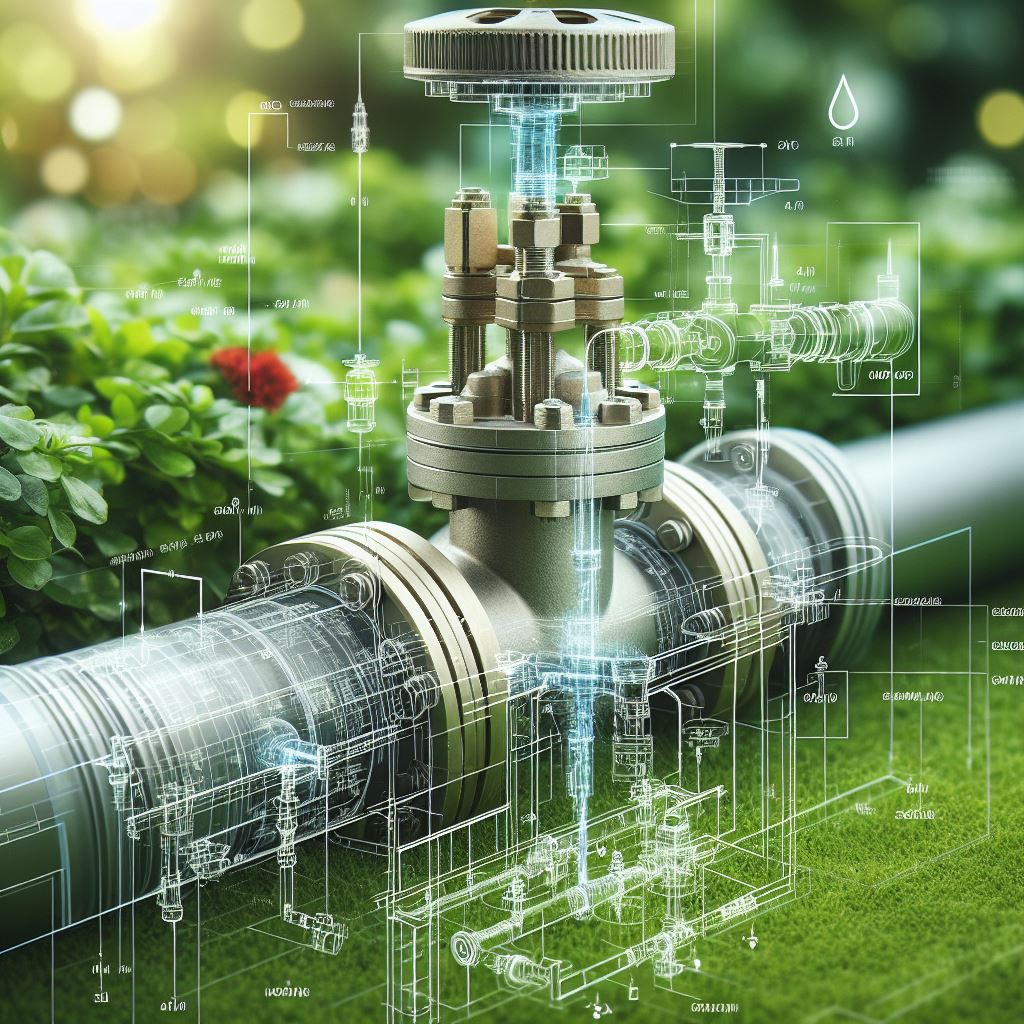What is backflow testing?
The quality of water is a top priority for every homeowner, and that's why understanding the intricacies of plumbing systems is crucial. One significant aspect that often gets overlooked is backflow testing.
This blog will delve into the essentials of the subject and why it's critical. We'll explore how backflow can impact your property, the importance of regular testing, and the role of professional plumbers in ensuring your water's quality.


Understanding Backflow
In the context of plumbing backflow, this phenomenon specifically refers to the reversal of flow in residential or commercial plumbing systems.
This can have direct implications on the quality of water in our homes and businesses, making understanding and prevention crucial for every Sydney resident. It's a risk that can lead to serious health hazards if not properly managed and prevented.
There are two main types, backpressure and back-siphonage.
- Backpressure: This type occurs when the pressure in a non-potable system, such as a heating system or a system with chemicals, exceeds the pressure in the potable system. This can force contaminants into the clean water supply.
- Back-Siphonage: This type of backflow occurs when there is a significant drop in the pressure of the potable water supply.
This can create a vacuum that pulls non-potable water and other substances into the clean water system. Common causes of back-siphonage include a break in a water main or high rates of water withdrawal, such as during firefighting activities.
To illustrate, imagine a scenario where a water main bursts in a neighbourhood. This break causes a sudden and significant drop in water pressure within the local water supply system.
During this event, any connection that the household plumbing has with a non-potable water source (such as a garden hose submerged in a swimming pool or a pesticide sprayer attached to a hose) can potentially allow contaminants to be drawn back into the home's potable water system, and even into the broader public water system.
This backflow of contaminated water can introduce chemicals, bacteria, or other hazardous substances into the clean water supply, posing serious health and safety risks to residents.
The Critical Role of Backflow Testing in Sydney
When we talk about backflow Sydney water, we're referring to the potential risks that backflow poses to the city's main water supply. The importance of testing cannot be overstated. It's a vital procedure that goes beyond simple compliance with local regulations, it is about actively safeguarding the health of the community.
In Sydney, where the integrity of the water supply is of utmost importance, regular testing ensures that any potential risks of water contamination are identified and addressed promptly.
In addition to its health implications, backflow testing also has a significant environmental impact. By preventing the contamination of water supplies, it helps maintain the overall quality of the city's water resources, making it a crucial aspect of sustainable urban living.
Backflow testing is not just a technical exercise, it's a commitment to public health and environmental stewardship. In Sydney, with its strict water quality standards, regular testing is an essential component of responsible property management and civic duty.
By implementing strategies such as backflow prevention in Sydney through regular and thorough testing, residents can have peace of mind, knowing that their water supply is protected from contamination, and the city can maintain its reputation for high-quality, safe drinking water. This is why it is not just encouraged but mandated, reflecting its critical role in maintaining public health and safety.

What is Involved in a Backflow Testing?
A backflow test procedure, conducted by our certified plumbers, is meticulous and vital. This test focuses on evaluating the operation of backflow prevention devices. These devices, crucial in any plumbing system, are engineered to prevent contaminated water from reversing its flow and entering the clean water supply.
During the test, several key aspects are checked. Firstly, we will assess the mechanical components of the device to ensure they are functioning as intended. This includes checking for any signs of wear or damage that could impair the device's effectiveness.
We also test the check valves and relief valves for proper operation, ensuring they open and close as needed to prevent backflow.
Another crucial part of the test is measuring the pressure in different parts of the system. Proper pressure is essential for the correct functioning of backflow prevention devices. If the pressure is not maintained within the required limits, it can lead to either backpressure backflow or back-siphonage, both of which pose a risk to the water supply.
We also look for any potential bypass arrangements or illegal connections that might compromise the system's integrity. In addition, the test often includes a review of the installation to ensure it aligns with current plumbing codes and standards.
Upon completion of the test, we provide a detailed report on the condition and functionality of the backflow prevention device. This report not only indicates the current status of the device but also recommends any necessary repairs or replacements to ensure ongoing compliance and safety.

RPZ Testing and Backflow Device Testing
In Sydney, ensuring the safety and quality of water involves a comprehensive approach that includes both RPZ (Reduced Pressure Zone) testing and backflow prevention device testing. While both types of testing are essential for safeguarding the water supply, they have distinct focuses and functions.
RPZ valves are designed to prevent backflow in situations where a direct or indirect connection exists between potable and non-potable water systems. These valves are typically installed in places where the risk of contamination is high, such as industrial sites, hospitals, and some residential areas.
The RPZ testing process involves a series of checks to ensure these valves are responsive, opening and closing as required to prevent the reverse flow of water.
In contrast, backflow prevention device testing covers a broader range of devices beyond just RPZ valves. These devices include double-check valves, pressure vacuum breakers, and air gaps, each designed for specific types of backflow risks. The testing for these devices is more varied and depends on the type of device installed.
For example, a double-check valve test involves verifying that both check valves operate correctly and prevent backflow, while a pressure vacuum breaker test ensures that it opens under back-siphonage conditions to prevent backflow.
Together, RPZ testing and general backflow prevention device testing form an integral part of maintaining Sydney's water safety. By addressing both high-risk scenarios and more common backflow risks, these tests ensure comprehensive protection of the water supply from potential contamination.
Regularly conducting these tests is not only a regulatory requirement but a vital practice in upholding the health and safety of the entire community.

Mr Splash Plumbing: Sydney's Backflow Plumbing Specialists
When it comes to safeguarding your water supply, we at Mr Splash Plumbing stand out as a premier team of backflow plumbers in Sydney. Our team of experienced and licensed plumbers brings unparalleled expertise to every task, ensuring that your water system is thoroughly evaluated and protected against the dangers of contamination.
At Mr Splash Plumbing, we understand the intricacies and importance of effective backflow prevention tests. What sets us apart is our commitment to customer satisfaction and water safety. We not only conduct thorough backflow testing but also provide insightful advice and solutions if any issues are detected.
Our proactive approach ensures that any potential risks are mitigated before they become significant problems, keeping your water supply safe and compliant with Sydney’s water quality standards.
Contact us at Mr Splash Plumbing today at 1300 677 752 for expert services. Secure your peace of mind with Sydney's leading specialists.









































